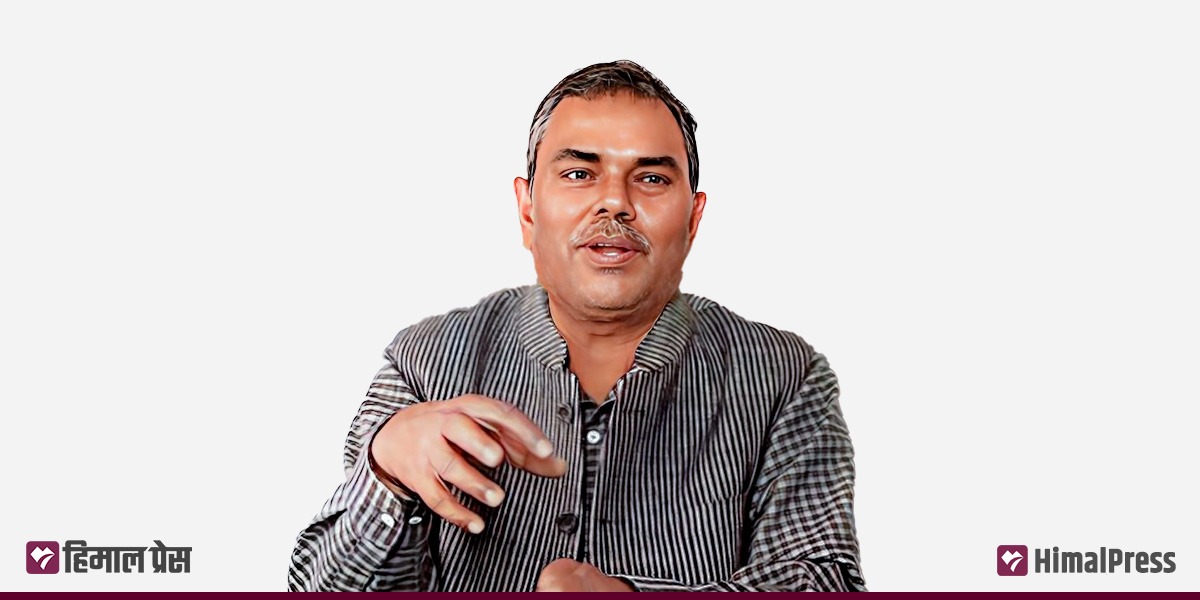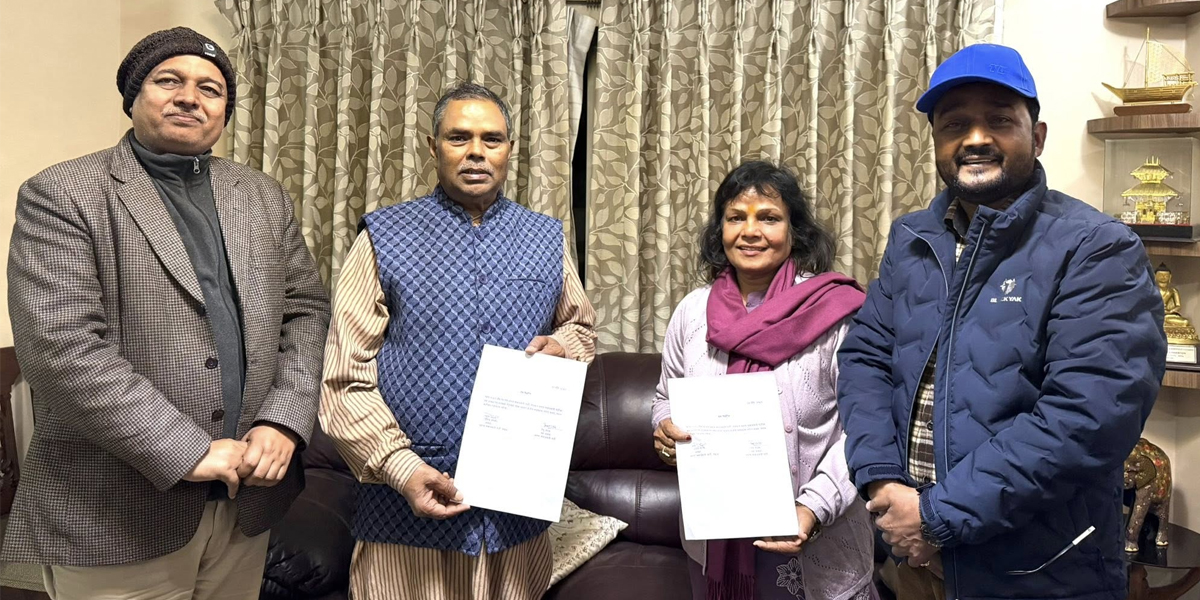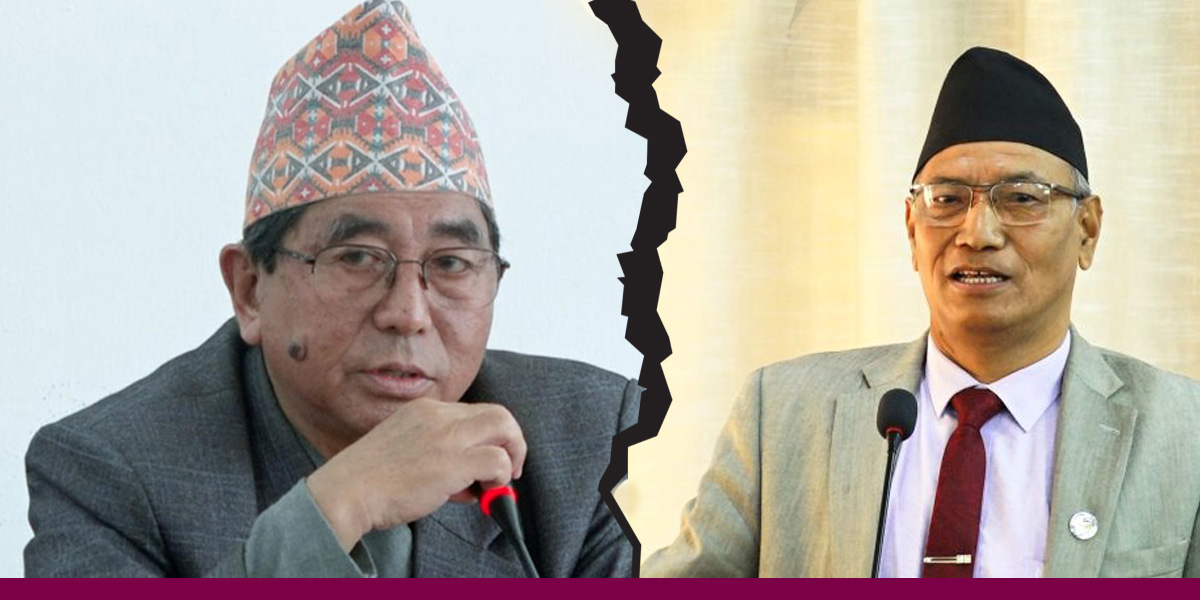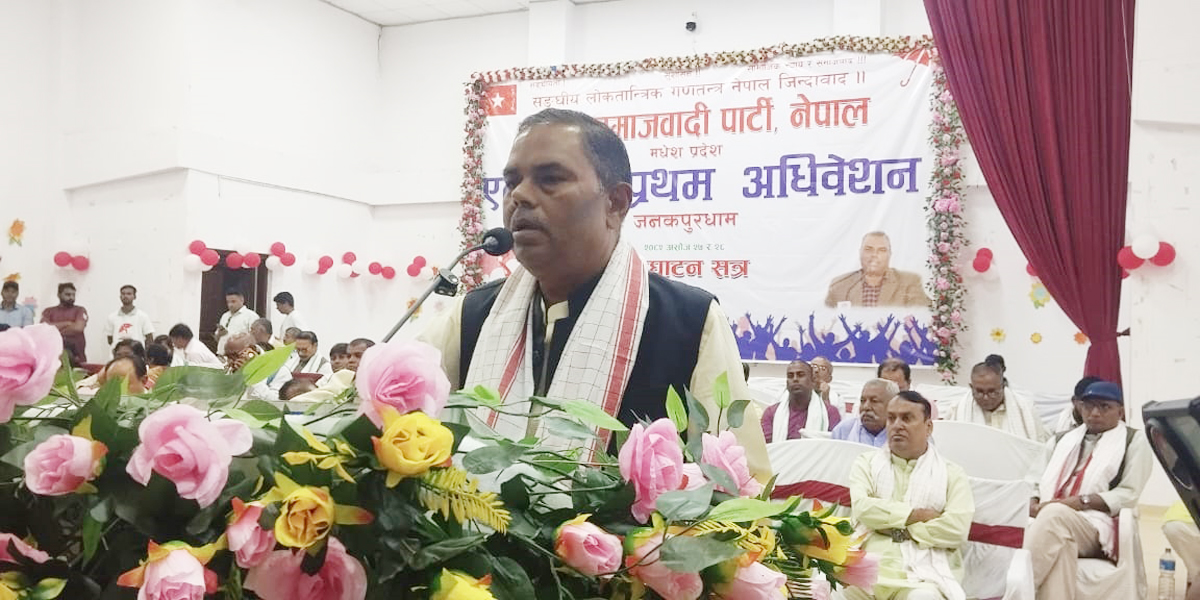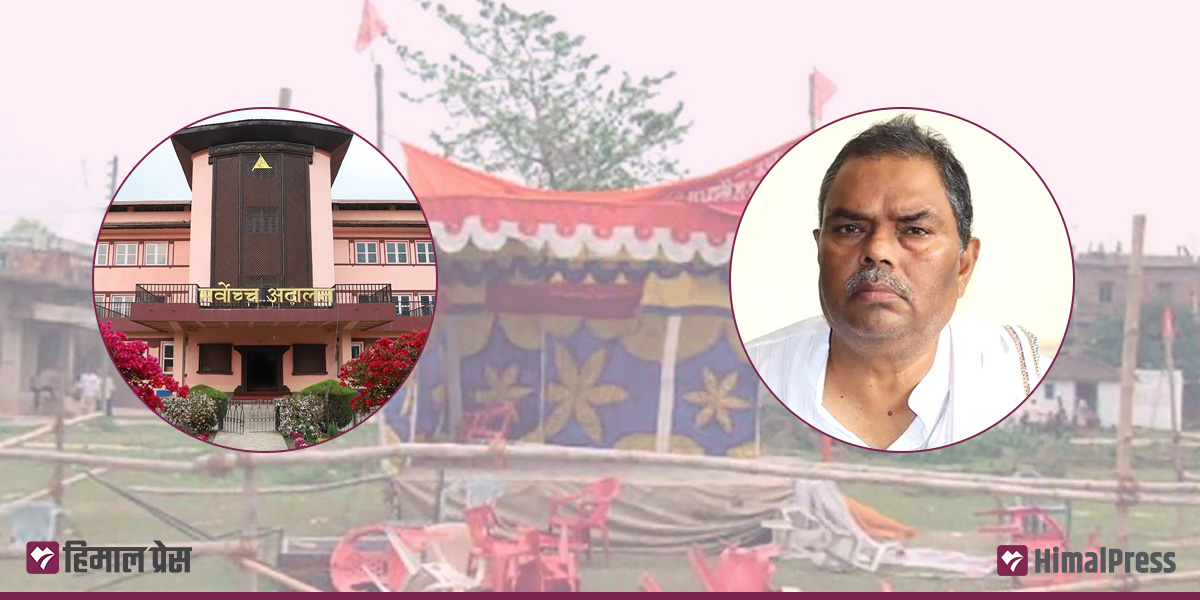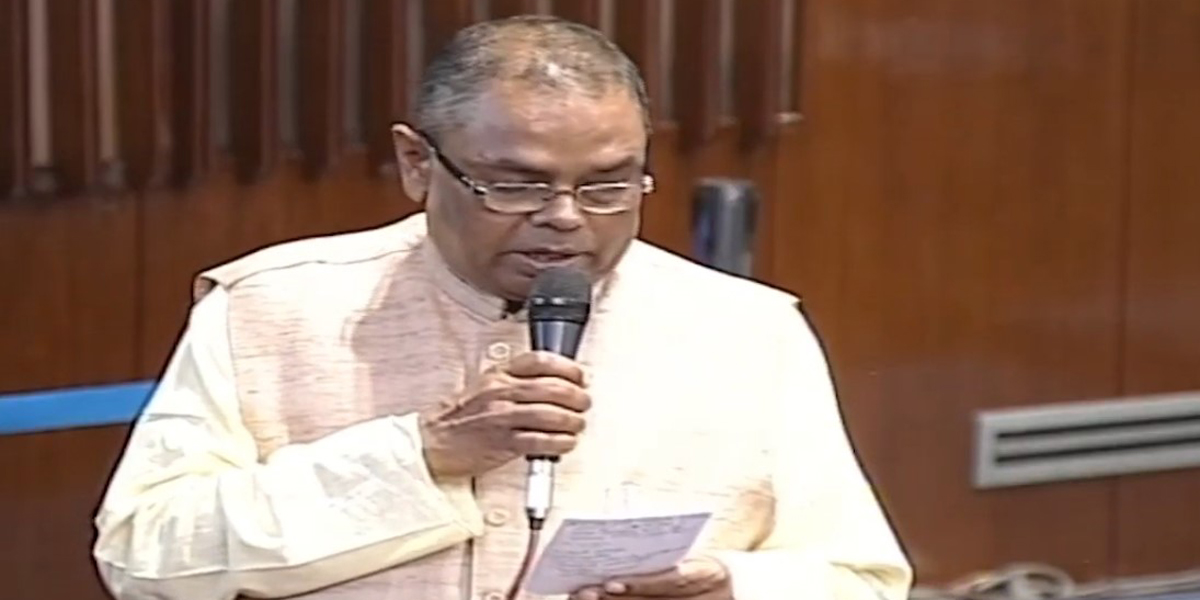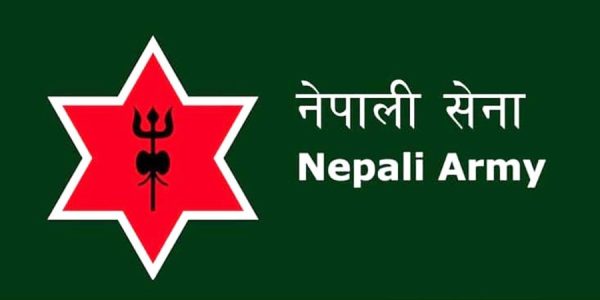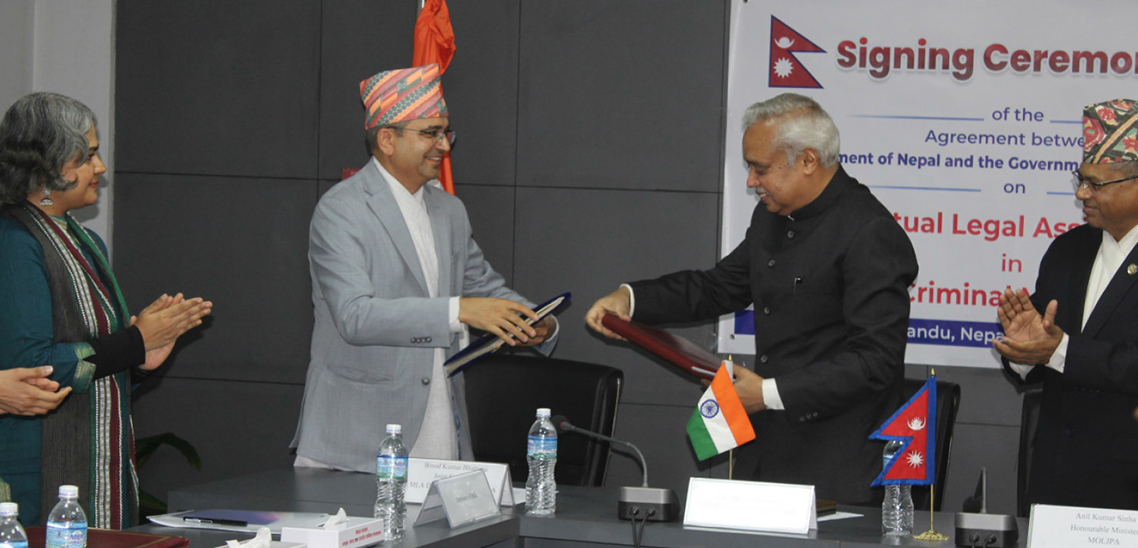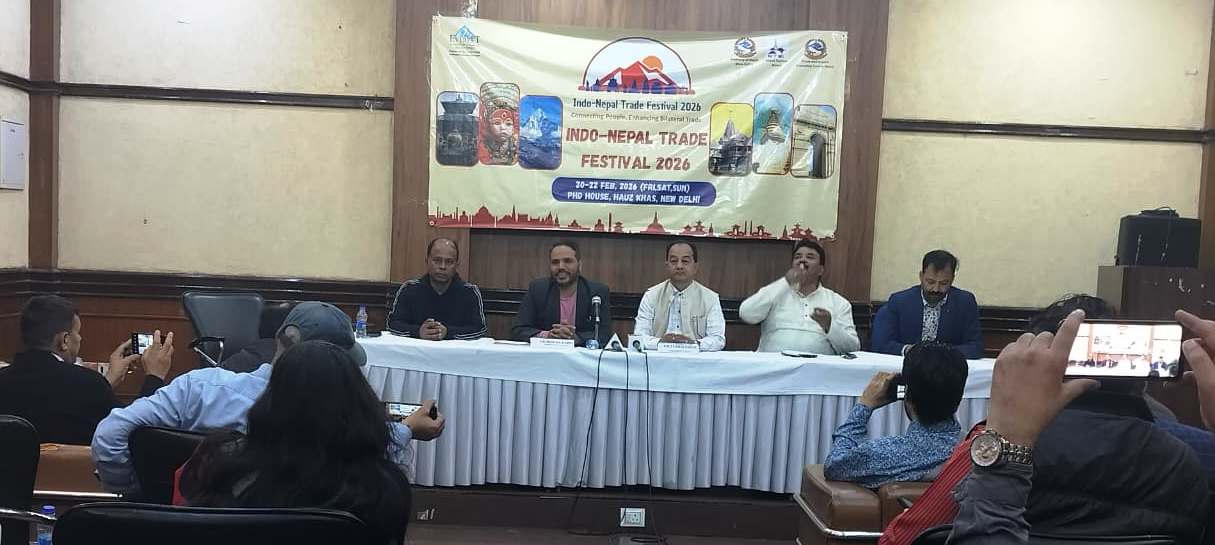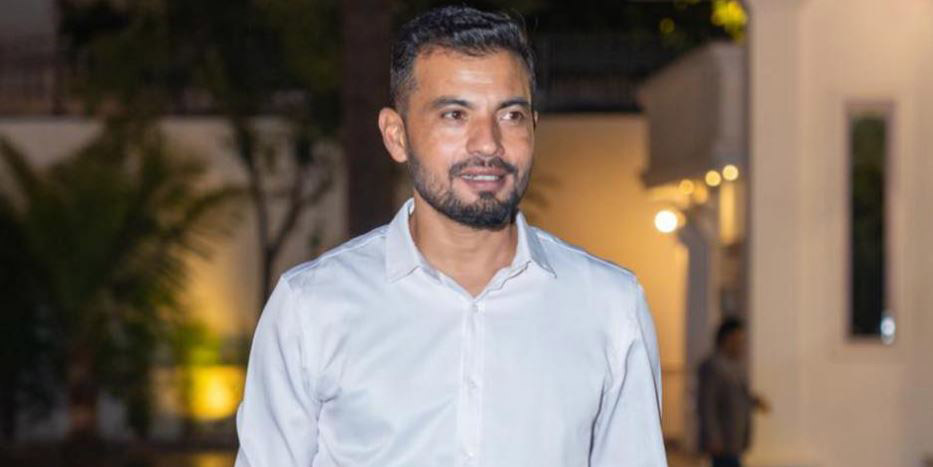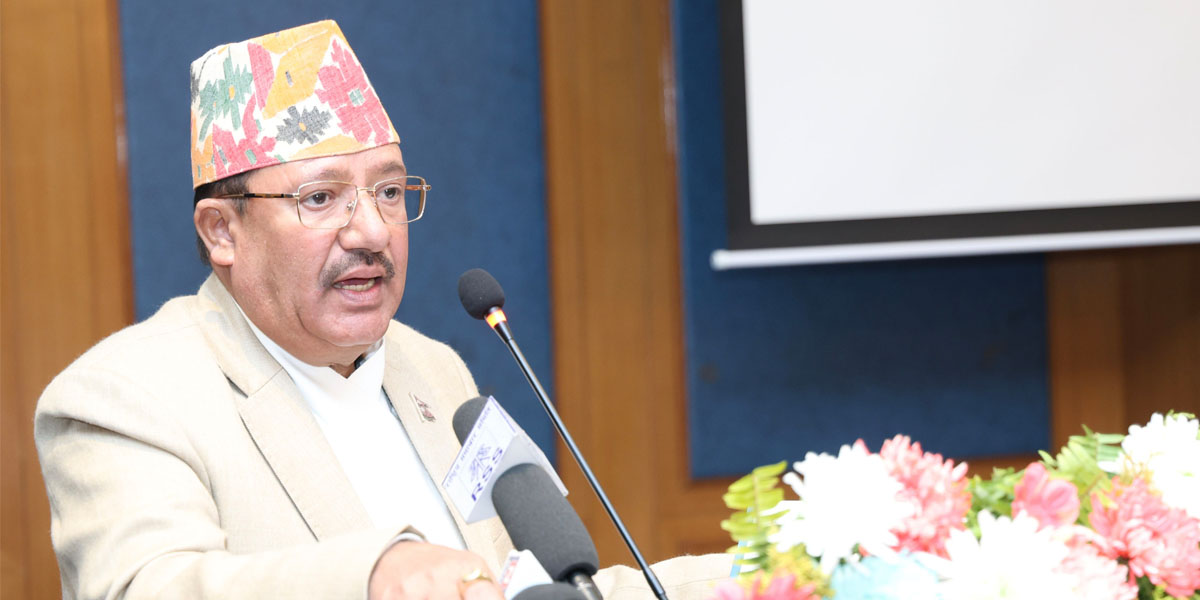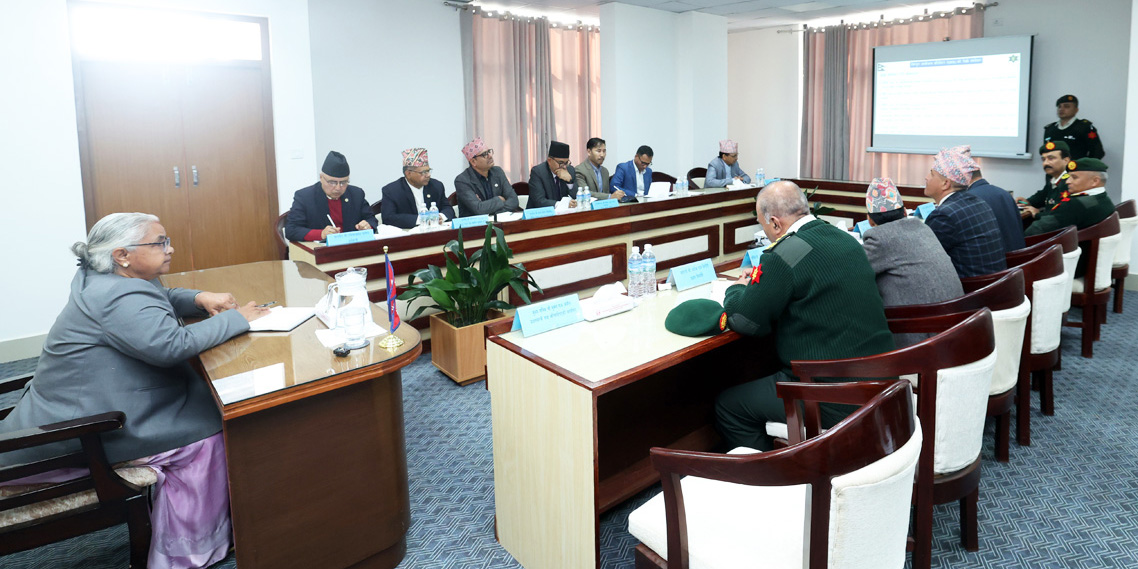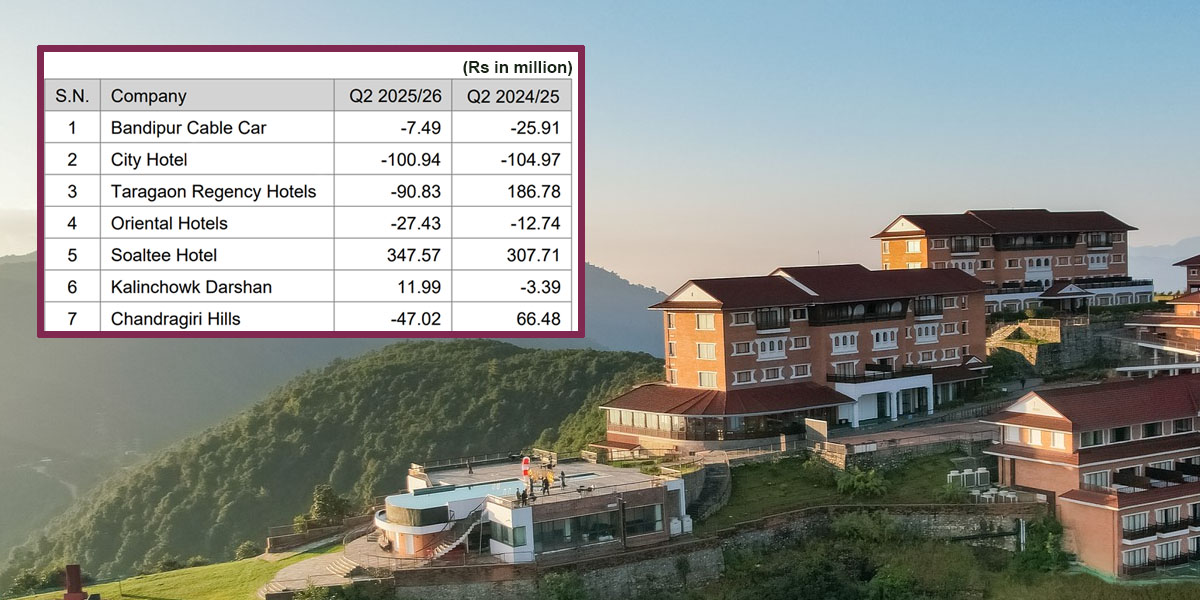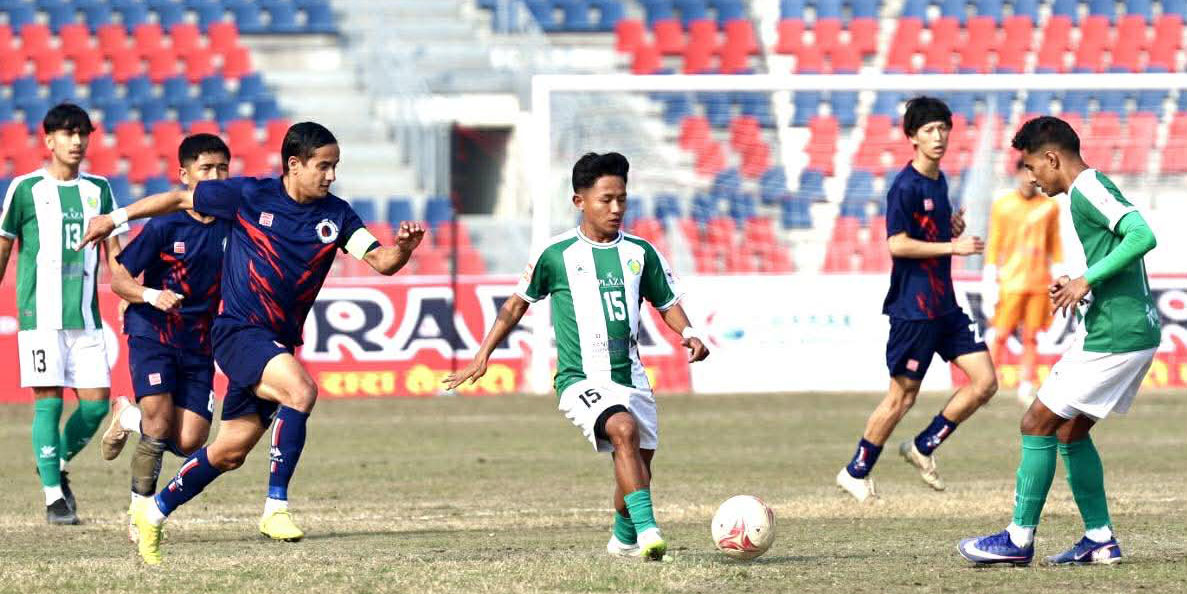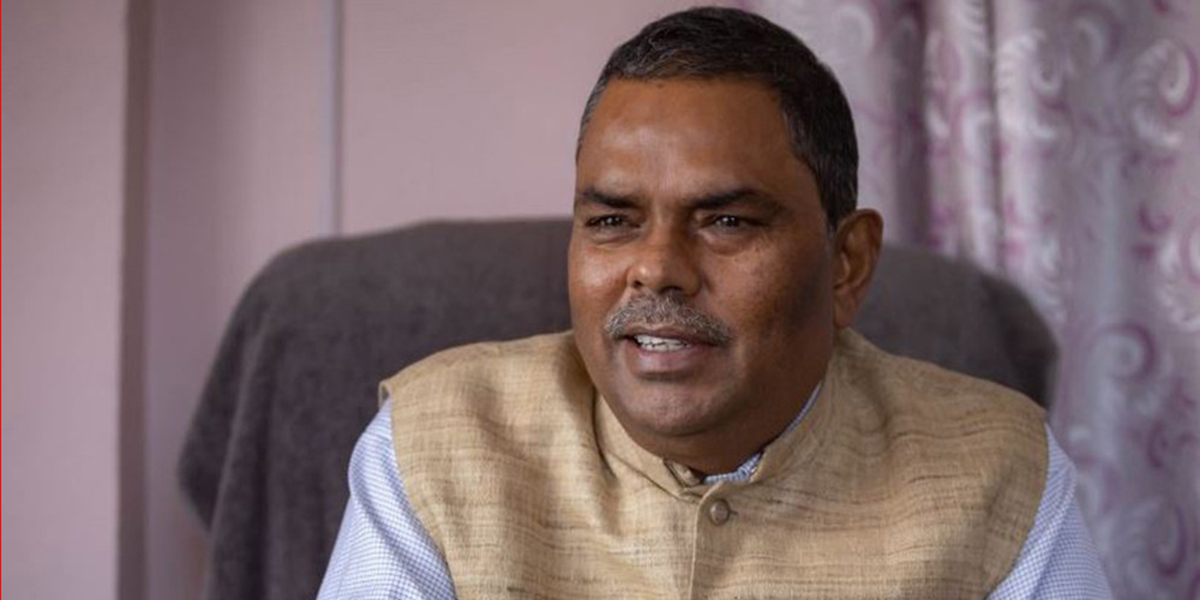
Upendra Yadav, the chairman of Janata Samajbadi Party (JSP), is an important coalition partner. The Gaur Massace of 17 years ago has always remained a black spot for his party, then known as Madhesi People’s Right Forum (MPRF). The government’s decision to sign an agreement with the victims of the massacre has come as a big shock to Yadav and his party. In the agreement, the government has expressed commitment to investigate complaints filed by the victims. Himal Press talked to Yadav to know his view on the agreement and his next move. Excerpts:
It appears that the government is reviving the 17-year-old case with the consent of the ruling coalition, doesn’t it?
Yes, that’s what it seems like. During the meeting of the ruling coalition on Wednesday, I urged the leaders not to make decisions in isolation. Unfortunately, my suggestion wasn’t heeded during the meeting. We disagree with this approach. Such decisions should involve discussions with all parties involved. After all, we are part of the ruling party and are directly linked to this incident.
Don’t you think this case would eventually resurface sooner or later?
Absolutely. However, we must distinguish between political disagreements and culpable homicide. The government’s act of granting amnesty to individuals already convicted while continuing the investigation in similar cases raises questions. How will the public perceive this? Is the state being governed solely by the decisions of a few leaders from political parties? Why not initiate investigations against the Prime Minister himself? There are numerous similar cases. This incident occurred when a faction of the then CPN (Maoist) disrupted a program organized by the Madhesi People’s Rights Forum (MPRF).
Could you provide more insight into what happened on that day?
Clashes ensued because the CPN (Maoist) interfered with a program organized by the MPRF. The casualties might have been higher on their side. The Madhesi People’s Rights Forum (MPRF) had scheduled to hold a program at the Rice Mill ground in Gaur on March 21, 2007. The program was scheduled in advance. However, the Madhesi Mukti Morcha of the Maoists also arrived at the venue, expressing their desire to conduct their program there. As a result, clashes erupted between the two groups. It’s regrettable that the government agreed to a five-point agreement based on the perspective of a few victims. We strongly oppose this agreement.
Were your concerns conveyed during the coalition meeting?
Yes, I raised strong objections to the agreement reached with the victims. I said that reviving a 17-year-old incident in this manner could endanger the coalition’s unity. Making unilateral decisions isn’t going to help. If the government persists in acting unilaterally, it could lead to unfortunate consequences.
What stance did you take?
My stance, right from the beginning, has been that the government needs to present its viewpoint on the Gaur incident clearly. Both Prime Minister Pushpa Kamal Dahal and Nepali Congress President Sher Bahadur Deuba should provide clarity on their stance. I expressed the same sentiment during the coalition meeting on Wednesday. If the government continues to make arbitrary decisions, the outcomes might be regrettable.
What is the opinion of your party leaders on this matter?
I discussed this matter with party leaders immediately after the coalition meeting. We have raised our objections to Prime Minister Dahal’s working style which seems unilateral. Important decisions should be taken only after thorough discussions with coalition partners.
What course of action will your party take now?
I think you should pose this question to the leaders of the ruling coalition. Since they have made decisions unilaterally, there is little for us to answer at this point. We will wait for their response and, if necessary, step down from the government immediately. Once that happens, we will evaluate our contributions as well as theirs to the Madhesh region. If the government persists in unilateral decision-making, it will be misguided to hope that it will safeguard the citizens.

 Himal Press
Himal Press 